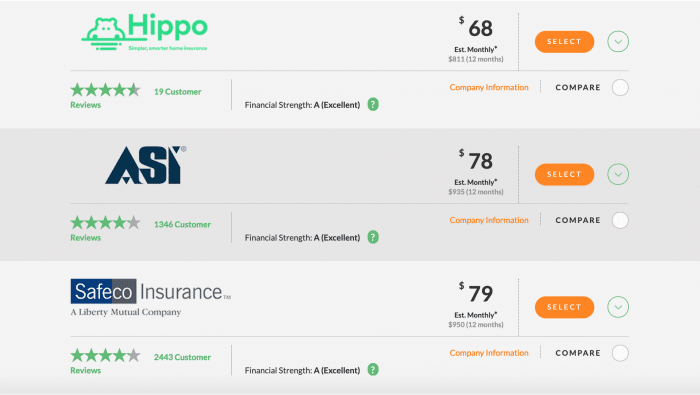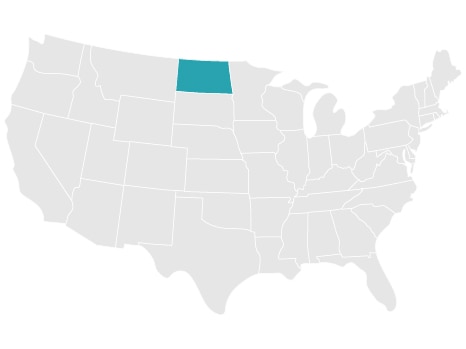
Employers consider health insurance an essential part of their compensation. But the cost of these benefits has increased steadily for a decade. Increasing deductibles, prescription drug costs and health system pricing are among the reasons. These trends are driving the rise of premiums and depressing wages. Many employers are unhappy with rising costs and increasing administrative burdens. Some are looking for alternatives to the wage.
Wearable devices are being increasingly used by employers to support wellness programs. One survey found that one in five employers collect data on employees' wearable devices. While health insurance continues to be driven largely by rising prices, employers are increasingly looking at alternative payment methods to help their employees.
According to the Congressional Budget Office (CBO), the number Americans who are covered by employer-sponsored health plans will remain the same 159million in ten year. Health insurance will still be tax-favored. Nonetheless, the cost of single coverage will be more than 9.86 percent of household income in 2019.

Premiums cover not only the price of health insurance, but also the cost to pay deductibles. A quarter of American workers have a minimum $2000 deductible. Many companies opt for self-insured plans to lower the cost of their benefits. The self-insured plan can save money if claims are low. Employers are responsible for paying extra if the claim is larger than they expected.
The age mix of employees determines the rates for small groups. Massachusetts's average annual wage for workers under 25 is $1186, while Massachusetts's average annual rate for those over 25 is $6,896.
Larger employers have greater control of plan coverage. Most large employers offer a biometric screen to their employees. They also provide a wellness program for employees and encourage them to go to lower-cost providers. Similarly, employers in the public sector can customize health care plans to meet their needs.
Employers with 51-100 employees will be able to join a merged market for health insurance in 2016 under the Affordable Care Act. These employers will see a rise in premiums of up to 9 percent. The law also requires that each state sets a rate every year. For those who fail to offer affordable plans, a $3480 annual penalty will be imposed.

Some small employers have to make additional contributions in order for workers to be covered under the ACA. Massachusetts has a 50-percent minimum contribution from employers.
Despite these requirements and the decline in employers offering insurance, it is not surprising that there are fewer of them. Many small employers are dissatisfied with the uncontrollable costs of benefits, after a decade filled with rapid increases. These rates of health insurance aren't increasing for most employers but some are still struggling with employees to keep them.
The unemployment rate is low and this means that it is becoming more difficult to retain employees. Employers face this issue. Employers who don't provide health insurance for their employees will be subject to a $2,320 penalty per employee. You can also face thousands in fines if you fail to comply COBRA. This law requires employers offer ongoing health care to their employees.